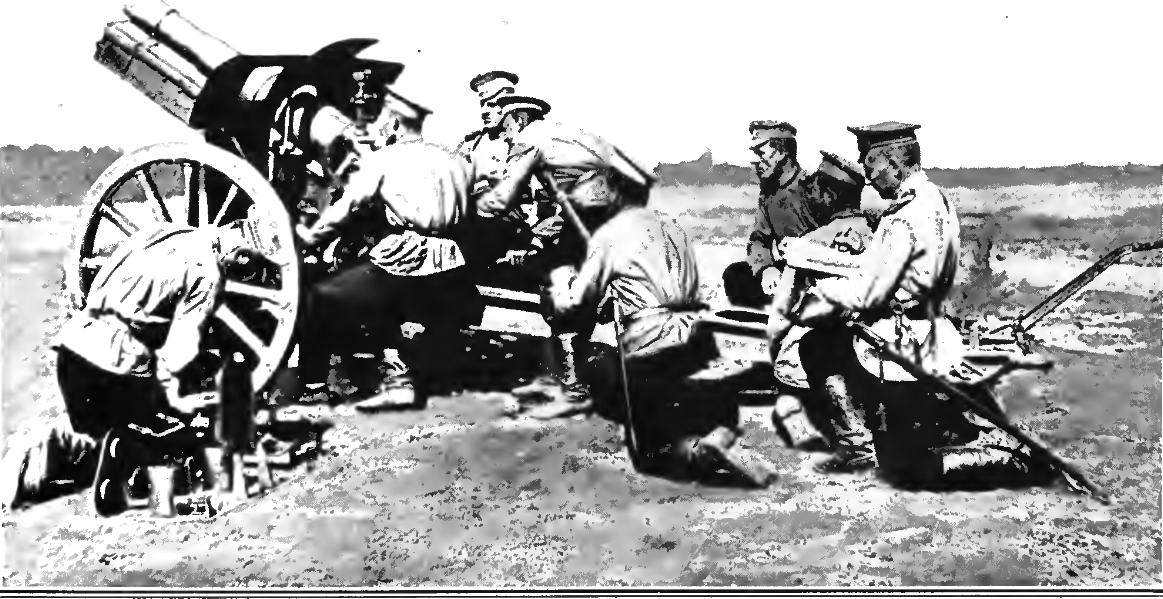<![CDATA[The 1st August marks a hundred years since Germany declared on Russia, a key event in the escalation of the First World War. The date serves as a poignant reminder of the many lives lost on both fronts during the war, and the multitude of consequences that followed for the two countries. When we look at the situation in Europe on the 1st August, we can see how this event was pivotal in creating a continental war. Franz Ferdinand had been assassinated on the 28th June, the event generally considered to be the spark that lit the fuse of the war. Austria was forced to act upon the assassination of the heir to their throne in Sarajevo, deciding the Serbian response was inadequate, and declared war on the country on 28th July. Russia had a strategic alliance with Serbia, and declared war with Austria to protect its ally. Similarly, on the 25th July Kaiser Wilhelm had publicly declared Germany would uphold the terms of the Triple Alliance, and protect Austria from Russia. These events culminated on the 1st August with the German diplomat in St. Petersburg submitting his country’s declaration of war. A continental conflict developed out of a regional conflict because both sides were willing to uphold to the letter the terms of earlier treaties and alliances. Neither country was willing to back down, which started a process that pulled all of Europe’s great powers in to the conflict. In 1914 Europe was split into two camps, the Triple Entente of Britain, France and Russia, and the Triple Alliance of Austria, Germany and Italy. Germany declaring war on Russia was so significant because it showed that the most powerful countries were not afraid of direct confrontation. Germany had prepared for war- its tacticians were painfully aware that it was surrounded by its rivals (France and Britain to the West, Russia to the East). The Schlieffen Plan had been created to enable Germany to avoid fighting a war on two fronts through quick and decisive action. This of course relied on the country being prepared for war, and acting decisively before its enemies’ armies had time to mobilise. The Russian activity in the Balkans and Austria convinced the country it had to execute the plan immediately. Similarly, Russia increasingly viewed Austria and Germany as threats to its European position and its influence in the old Ottoman Empire, and had begun making preparations for war. The war may have been expected, but neither country could have been prepared for the dramatic consequences of the 1st August 1914. For Germany, the Schlieffen Plan failed, and they became embroiled in a long and damaging conflict. After losing the war, the Treaty of Versailles led to major territorial losses, as well devastation to the nation’s political structure, economy and society. This created the context for the rise of Nazism in the country. Russia’s war was ended in 1917 with the Communist Revolution and the ascent of Lenin. The war proved once and for all that having the largest army did not necessarily guarantee military success, as proven by the massive losses on the Eastern Front. The strains of war pushed an already beleaguered society to breaking point. The ascent of Communism came to define the country’s history for the majority of the twentieth century. There were of course other causes for the events that unfurled. Europe had long been on the precipice of war before the German declaration, and many historians would argue that it was a question of when, rather than if, war was declared. Similarly, the great social changes in each country have a plethora of deep lying causes that cannot be easily explained. However, the 1st August 1914 can be viewed as the key turning point for both these countries’ paths in the twentieth century. Not only the moment where bloody conflict started, but the point they embarked on paths that led to fundamental change.]]>
A Century Since Germany Declared War on Russia
